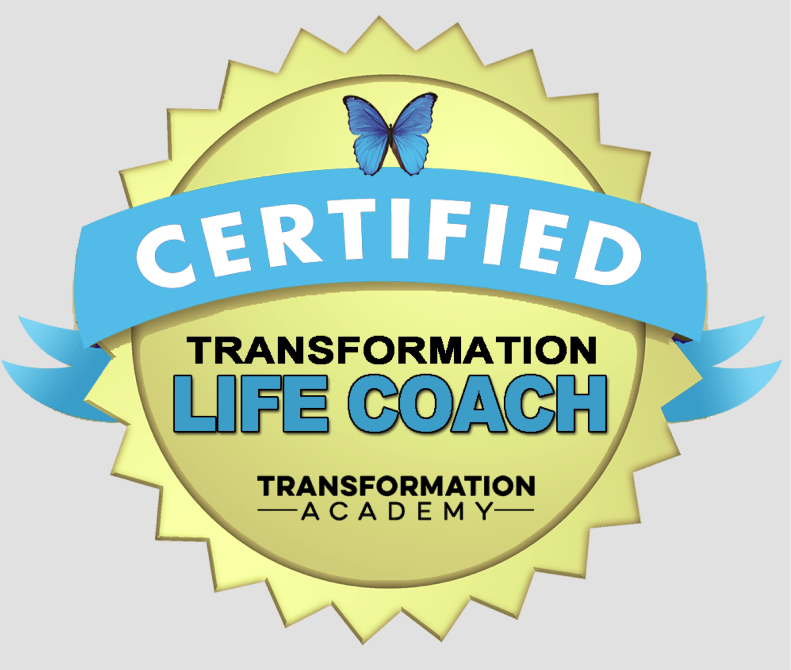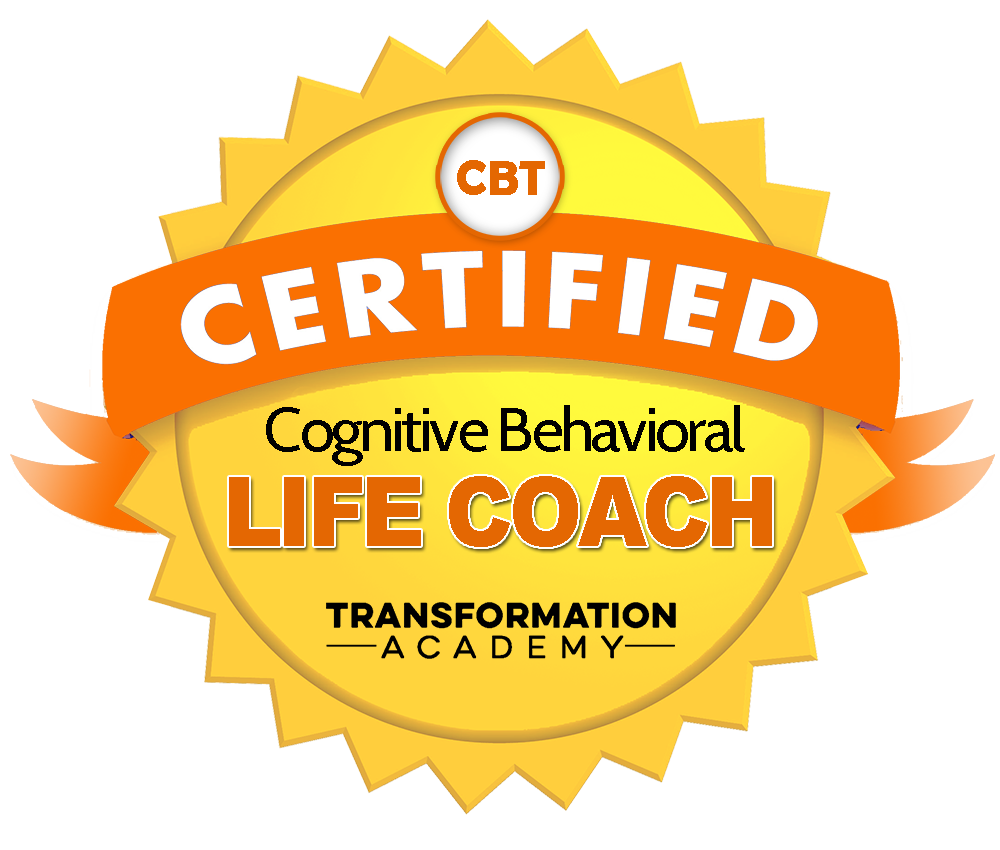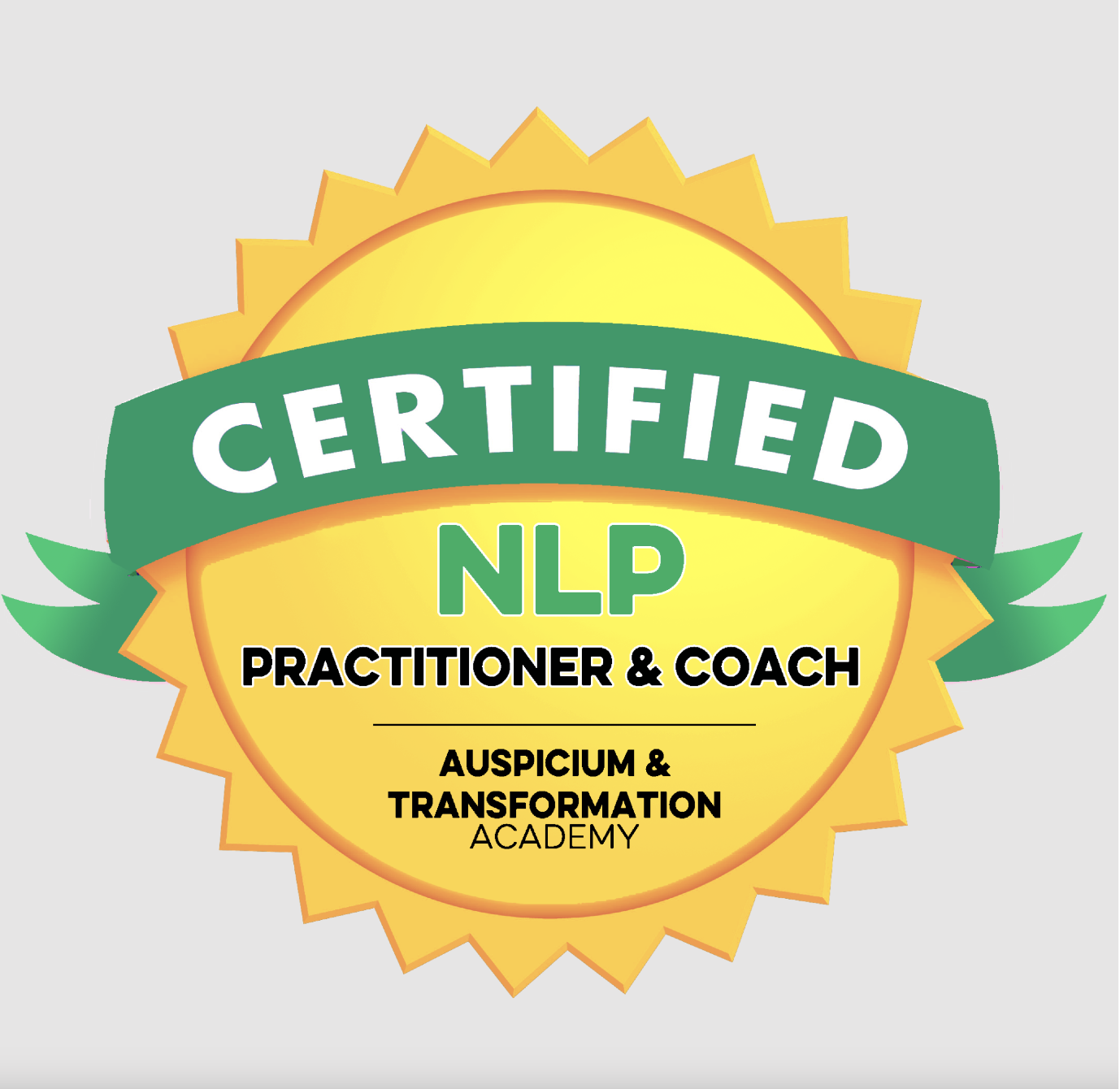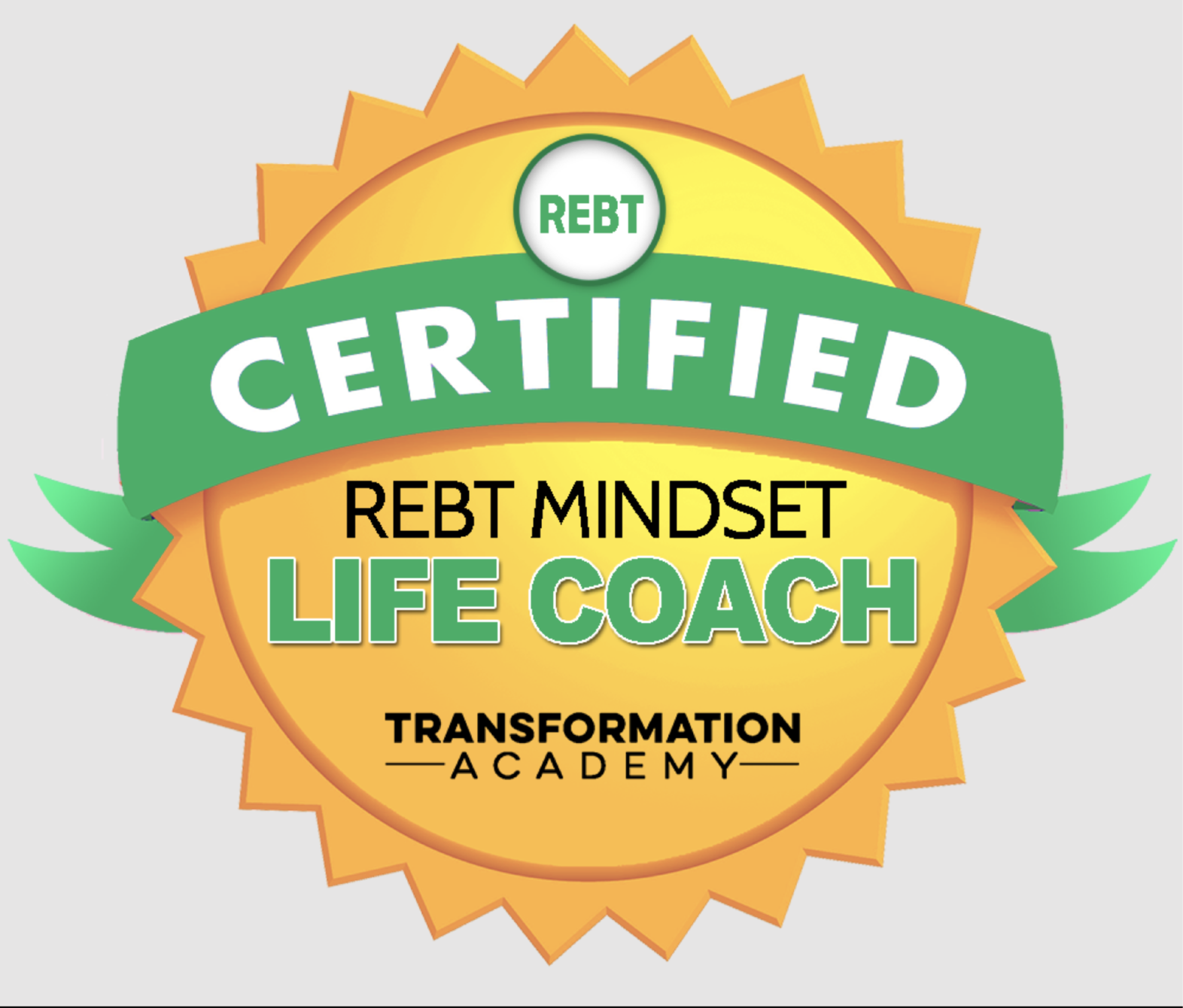Addiction And Personality Disorder

Addiction Beyond Substances
When we think of addiction, substances like alcohol and drugs typically come to mind. However, addiction encompasses a much broader spectrum, including behaviors like gambling, compulsive shopping, internet overuse, and risky, adrenaline-fueled activities. These behaviors often provide temporary relief or gratification, but they also establish self-destructive patterns that disrupt daily life and relationships.
This broader understanding of addiction underscores its role as a maladaptive coping mechanism. Whether through substances or behaviors, addiction often serves as an escape from reality, offering a temporary reprieve from emotional pain, stress, or feelings of inadequacy. For many, these behaviors become compulsions that are difficult to control, leading to cycles of guilt, shame, and further dependence.
Personality Traits and Addiction
Research has consistently shown that certain personality traits are closely linked to addiction. Traits such as impulsivity, novelty-seeking, and risk-taking are common among individuals who struggle with substance abuse or behavioral addictions. These traits often overlap with specific personality disorders, such as Antisocial Personality Disorder (ASPD) or Narcissistic Personality Disorder (NPD).
- Impulsivity and Risk-Taking: Impulsivity and a penchant for taking risks are hallmark traits of individuals with ASPD. These traits drive behaviors that prioritize immediate gratification over long-term consequences, making substances or thrill-seeking activities particularly appealing. Psychopaths, a subgroup within ASPD, exhibit these traits in abundance. Studies, such as those by Lewis and Bucholz in 1991, have confirmed that individuals with ASPD are more likely to engage in heavy alcohol and drug use.
- Narcissism and Addiction: Narcissistic individuals often turn to addiction as a means of reinforcing their sense of superiority and control. Addictive behaviors provide a psychological escape from the pressures and demands of daily life, allowing the narcissist to construct a reality where they are at the center. For the narcissist, addiction serves multiple purposes: it validates their uniqueness, offers a sense of control, and isolates them from societal norms they perceive as beneath them.
- Obsessive-Compulsive Traits and Addiction: Obsessive-compulsive individuals may also be drawn to addiction, albeit for different reasons. Their need for control and structure can manifest in rigid patterns of substance use or compulsive behaviors. While they may not engage in reckless pursuits like those with ASPD or NPD, their addiction often stems from an inability to break free from repetitive cycles that provide temporary relief from anxiety or stress.
Addiction as a Psychological Exoskeleton
For many individuals, addiction becomes a psychological "exoskeleton," providing structure, purpose, and a sense of identity. This is particularly evident in narcissistic individuals, who use addiction to shield themselves from feelings of inadequacy or vulnerability. Addiction offers them an agenda filled with goals, routines, and perceived accomplishments, creating an illusion of control and self-sufficiency.
- Escape from Reality: Addiction allows individuals to retreat from the demands of reality. For narcissists, it is a way to avoid the humiliation of unmet expectations or societal pressures. This escape provides a sense of superiority, as they view themselves as above the mundane concerns of everyday life.
- Illusion of Control: Despite the evident loss of control that addiction entails, many addicts, particularly narcissists, believe they are in charge of their behavior. They often convince themselves that they can quit at any time, reinforcing their sense of autonomy and denying the dependency that addiction creates.
- Isolation and Attention: Addiction creates a paradoxical dynamic of isolation and attention. On one hand, it separates the individual from societal norms, fostering a sense of independence. On the other, it often draws attention from others, whether through concern, admiration, or even disdain. For narcissists, this duality aligns with their desire to stand out while maintaining emotional distance.
The Role of Genetics and Environment
While some studies have suggested a genetic predisposition to addiction, the evidence remains inconclusive. Claims of specific gene complexes responsible for alcoholism or drug addiction have been met with skepticism. Instead, researchers like Berman and Noble (1993) argue that addiction is more likely an emergent phenomenon linked to underlying traits like novelty-seeking and impulsivity.
Environmental factors also play a significant role in shaping addictive behaviors. Childhood trauma, stress, and exposure to addictive substances or behaviors can predispose individuals to addiction. The interaction between genetic predisposition and environmental influences creates a complex web of risk factors that vary from person to person.
Clinical Implications and Treatment
Understanding the connection between addiction and personality disorders is crucial for effective treatment. Traditional approaches to addiction, such as detoxification or behavioral therapy, may not address the underlying personality traits that drive addictive behaviors. For individuals with co-occurring personality disorders, treatment must be tailored to address both conditions simultaneously.
- Integrated Therapy: Integrated therapy combines addiction treatment with psychological interventions targeting personality disorders. For example, dialectical behavior therapy (DBT) is effective for individuals with borderline personality traits, while cognitive-behavioral therapy (CBT) can help narcissistic individuals recognize and challenge their distorted beliefs about control and superiority.
- Building Coping Mechanisms: Many individuals turn to addiction as a coping mechanism for stress, anxiety, or emotional pain. Treatment should focus on building healthier coping strategies, such as mindfulness, stress management, and emotional regulation techniques.
- Addressing Underlying Trauma: For many addicts, unresolved trauma is a significant driver of their behavior. Trauma-focused therapies, such as eye movement desensitization and reprocessing (EMDR), can help individuals process and heal from past experiences, reducing their reliance on addictive substances or behaviors.
- Support Systems: Building a strong support system is essential for recovery. This includes not only professional support but also connections with family, friends, and peer groups. Support groups like Alcoholics Anonymous (AA) or Narcotics Anonymous (NA) provide a sense of community and accountability that can be instrumental in maintaining sobriety.
In Summary
Addiction and personality disorders are deeply interconnected, with shared traits and psychological mechanisms driving self-destructive behaviors. While addiction offers temporary relief or gratification, it ultimately exacerbates the challenges faced by individuals with personality disorders. Understanding this relationship is essential for developing effective treatment strategies that address both addiction and its underlying psychological drivers. By fostering self-awareness, building healthier coping mechanisms, and addressing unresolved trauma, individuals can break free from the cycle of addiction and embark on a path toward recovery and personal growth.
Click the link below to book your free clarity call or free virtual coffee chat.
Grab a copy of our newletter by completing the form below, this will then be sent to your inbox every month.
My Affirmation For The Week
"Creativity is contagious. Pass it on."









